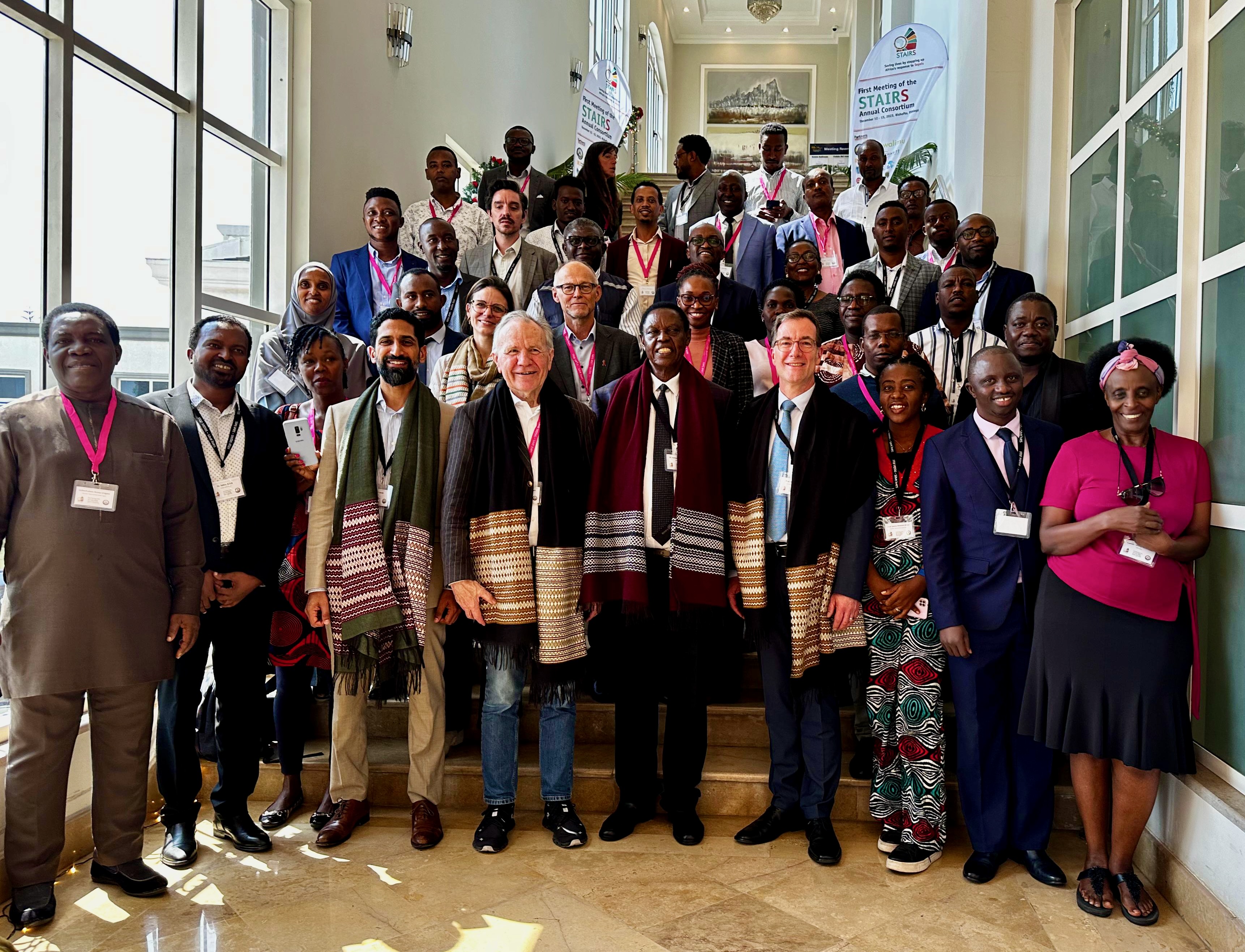Hirsch Institute: Truth & Fiction
Can a juice cleanse truly conquer cancer? The resounding answer, based on scientific evidence, is a firm no. The portrayal of the Hirsch Institute in the Apple TV+ series "Truth Be Told" sparks this vital conversation about the allure and dangers of unproven medical claims.
The "Truth Be Told" narrative introduces us to Milla, a character who pins her hopes on the holistic treatments offered by the fictional Hirsch Institute. This storyline mirrors a disturbing trend in real life, where vulnerable individuals seeking alternative cancer cures fall prey to misleading promises. The Hirsch Institute, while fictitious, draws parallels to real-world examples like the Gerson Therapy, an alternative treatment plan that emphasizes a strict diet and other unproven methods. This blurring of fact and fiction underscores the show's exploration of misinformation and its impact on desperate individuals.
| Name: | Gerson Therapy (inspiration for the fictional Hirsch Institute) |
| Creator: | Max Gerson, MD |
| Claimed Purpose: | Treating various illnesses, including cancer |
| Methods: | Organic, plant-based diet, raw juices, coffee enemas, dietary supplements |
| Scientific Evidence: | Lacks robust scientific evidence of effectiveness against cancer. Deemed potentially harmful by medical organizations. |
| Reference: | American Cancer Society |
The Gerson Therapy, much like the fictional Hirsch Institute regimen, promotes a highly restrictive diet rich in fruits, vegetables, and juices, coupled with coffee enemas and various supplements. Proponents claim it detoxifies the body and boosts the immune system, ultimately eradicating cancer. However, these claims are not supported by rigorous scientific studies. Major medical organizations, including the American Cancer Society and the National Cancer Institute, caution against the Gerson Therapy, citing its potential for serious side effects and its lack of proven efficacy.
The danger inherent in embracing such unproven therapies is multifaceted. Firstly, it can lead to delays in seeking evidence-based medical treatments, such as chemotherapy, radiation, and surgery, that have proven track records of success. Secondly, these alternative therapies can be costly, placing a significant financial burden on patients and their families, often with no tangible benefit. Furthermore, the restrictive nature of diets like the Gerson Therapy can lead to nutritional deficiencies and other health complications. The coffee enemas, a hallmark of the Gerson approach, can also cause electrolyte imbalances and other serious adverse effects.
Apple Cider Vinegar, the book that inspired Truth Be Told, draws inspiration from the real-life case of Belle Gibson, a wellness blogger who falsely claimed to have cured her brain cancer with alternative therapies, including a similar regimen to the one portrayed at the fictional Hirsch Institute. This deception highlights the ethical issues surrounding the promotion of unverified medical claims, especially by those with significant online influence. Gibsons story serves as a stark warning about the dangers of relying on anecdotal evidence and the importance of critical thinking when evaluating health information.
The allure of alternative therapies like the one depicted at the Hirsch Institute often stems from a desire for more natural and holistic approaches to health. This desire is understandable, particularly when faced with a frightening diagnosis like cancer. However, it's crucial to remember that "natural" does not automatically equate to "safe" or "effective." Rigorous scientific testing is essential to determine the true efficacy and safety of any medical treatment.
While supportive care, including nutritional guidance and emotional support, plays a crucial role in cancer treatment, its vital to differentiate between evidence-based supportive care and unproven alternative therapies. The fictional Hirsch Institute, while not a real place, serves as a powerful reminder of the need for critical evaluation of medical claims and the importance of placing trust in evidence-based medicine.
The pursuit of wellness is a noble endeavor, but it must be grounded in sound science and medical evidence. The narrative of the Hirsch Institute serves as a cautionary tale, urging us to be discerning consumers of health information and to prioritize proven medical approaches when faced with serious illness. Its a stark reminder that hope, while essential, should never come at the expense of sound medical judgment.
Ultimately, the question isn't whether a juice cleanse can cure cancer, but rather why such misleading claims gain traction in the first place. The answer lies in a complex interplay of factors, including fear, desperation, and the seductive appeal of simple solutions to complex problems. By understanding these underlying factors, we can better equip ourselves to navigate the overwhelming landscape of health information and make informed decisions based on science, not wishful thinking.

Hirsch Institute of Tropical Medicine

Hirsch Institut der Uniklinik Düsseldorf kämpft mit Partnern gegen

Former des infirmières de coopération épilepsie